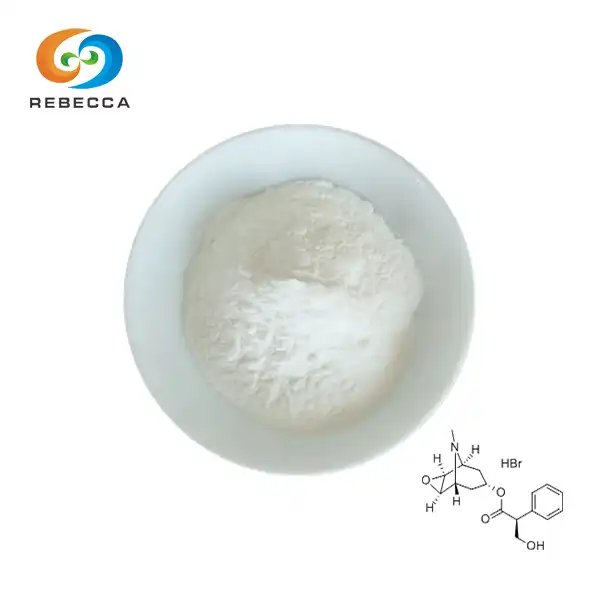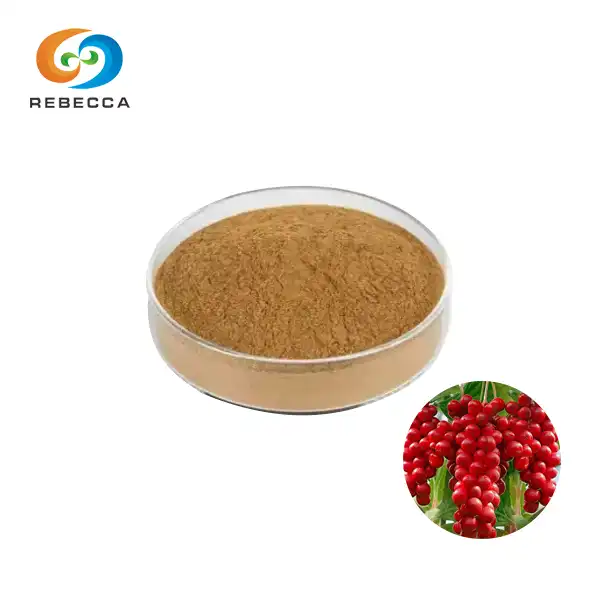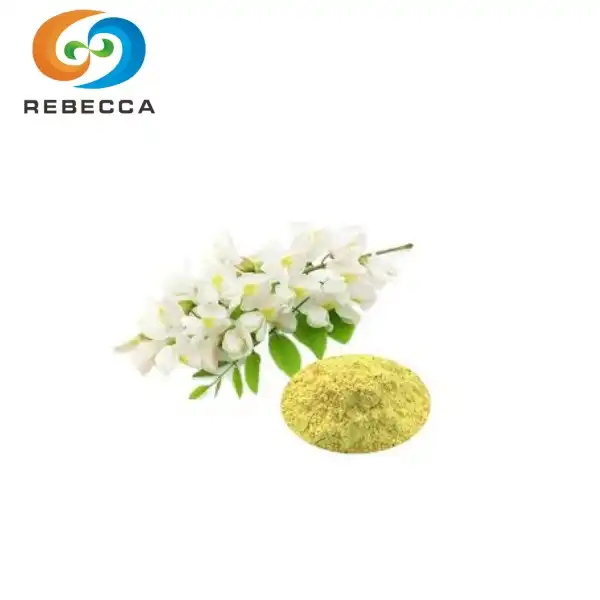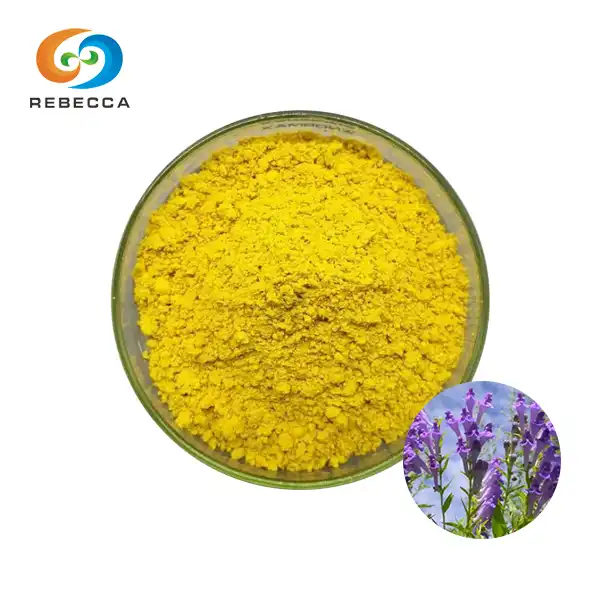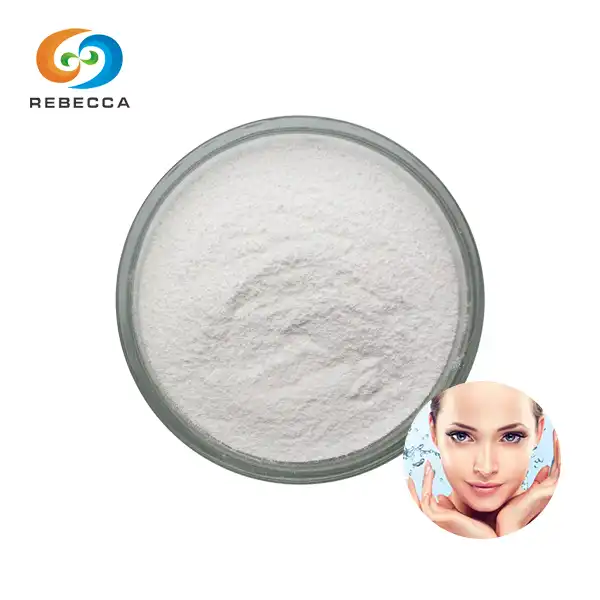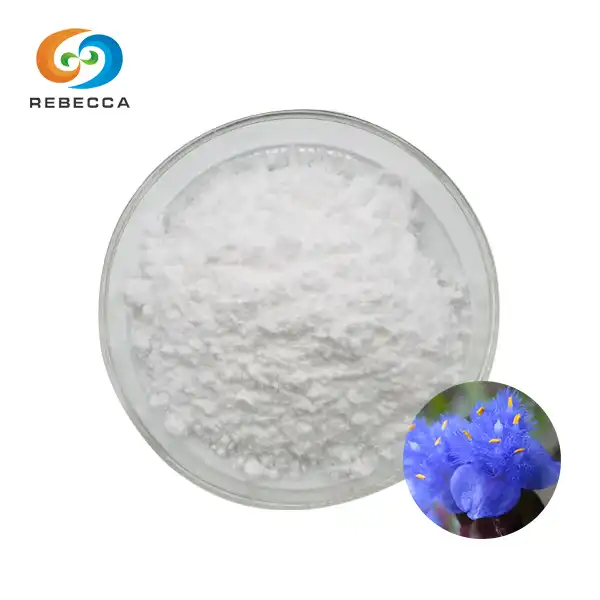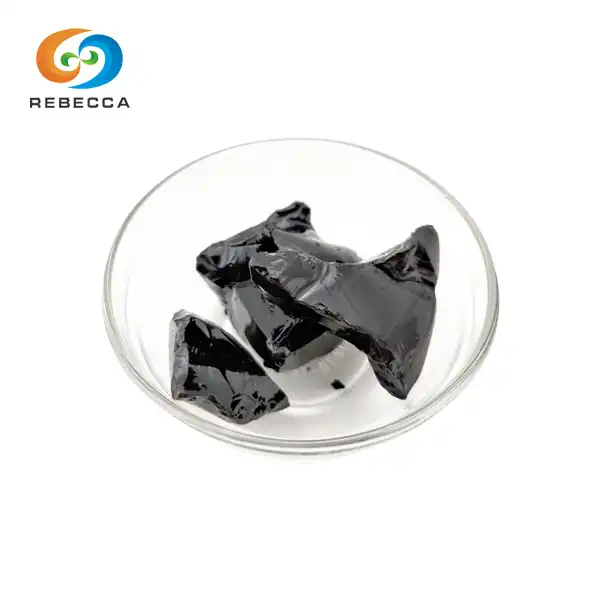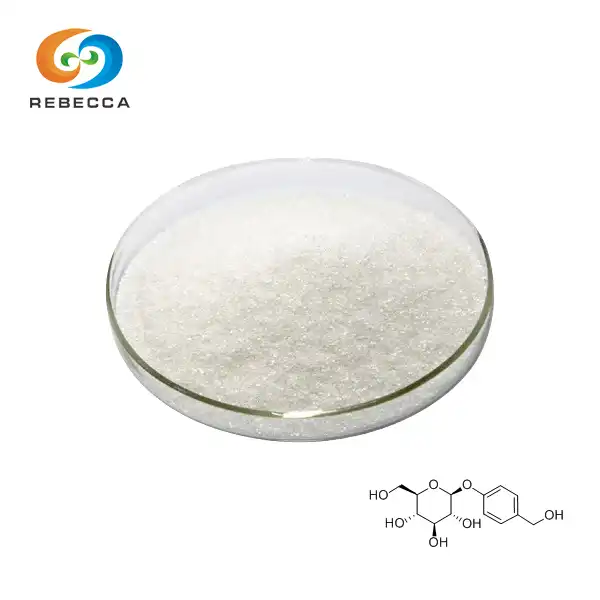Who should not take ginkgo leaf?
Ginkgo biloba, derived from one of the oldest living tree species, has gained popularity as a natural supplement for its potential cognitive and circulatory benefits. However, not everyone should consume ginkgo leaf extract. This article delves into the safety concerns and contraindications associated with ginkgo biloba leaf powder, helping you make an informed decision about its use.
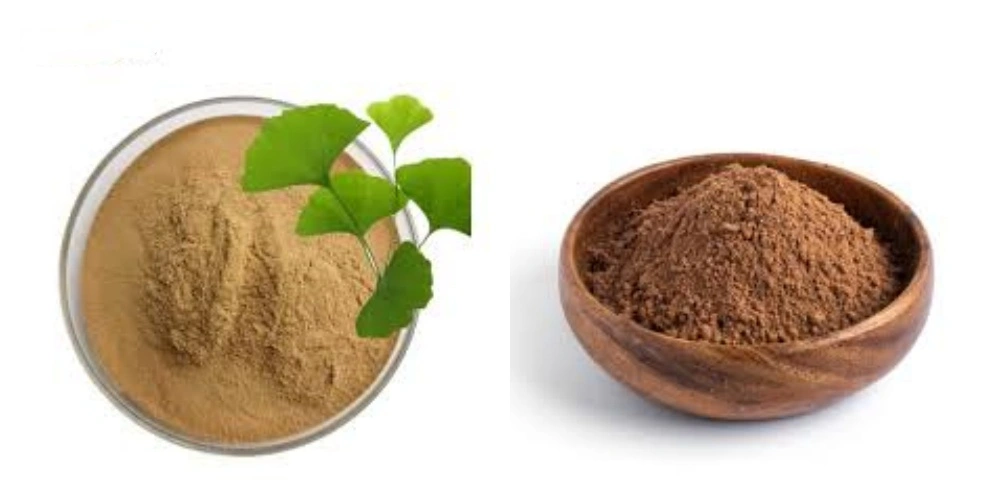
Is Ginkgo Biloba Safe for People with Blood Disorders?
Ginkgo biloba extract, known for its potential to improve blood circulation, can pose significant risks for individuals with blood disorders. The active compounds in ginkgo, particularly ginkgolides, have been shown to inhibit platelet aggregation and affect blood clotting mechanisms.
Hemorrhagic Disorders and Ginkgo
Individuals with hemorrhagic disorders, like hemophilia or von Willebrand disease, should be cautious when considering ginkgo supplementation. Ginkgo’s anticoagulant effects may worsen bleeding tendencies, increasing the risk of serious complications. It is important for those with these conditions to consult a healthcare provider before using ginkgo to ensure it does not interfere with their health or treatment.
Thrombocytopenia and Ginkgo Interactions
Individuals with thrombocytopenia, a condition marked by low platelet counts, should avoid ginkgo biloba leaf powder. Since ginkgo can inhibit platelet function, it may further impair the blood’s ability to clot, raising the risk of spontaneous bleeding. It is crucial for those with thrombocytopenia to consult a healthcare provider before using ginkgo to prevent potential health complications.
Ginkgo's Impact on Anticoagulant Medications
Patients taking anticoagulant medications, such as warfarin or heparin, should consult their healthcare provider before using ginkgo biloba extract. Combining ginkgo with these medications could enhance their blood-thinning effects, raising the risk of bleeding complications. To ensure safety and avoid adverse interactions, it's important to discuss any potential supplement use with a healthcare professional, especially when on anticoagulant therapy. This will help minimize the risk of harmful side effects.

Ginkgo Biloba Leaf Powder: Risks for Pregnant Women
Expectant mothers should approach ginkgo biloba supplementation with caution. While research on ginkgo's effects during pregnancy is limited, there are several concerns that warrant careful consideration.
Potential Uterine Stimulation
Some studies indicate that ginkgo biloba may trigger uterine contractions, potentially raising the risk of preterm labor or miscarriage. Ginkgolide B, a compound in ginkgo extract, has been shown to influence smooth muscle contraction, which could affect uterine function. Due to these potential risks, it’s important for pregnant individuals to consult a healthcare provider before using ginkgo biloba supplements.
Developmental Concerns
The effects of ginkgo on fetal development remain largely unknown. Given the potent bioactive compounds present in ginkgo leaf extract, there is a theoretical risk of interference with normal fetal growth and development. Until more conclusive research is available, pregnant women are advised to err on the side of caution and avoid ginkgo supplementation.
Postpartum Considerations
Breastfeeding mothers should exercise caution when considering ginkgo biloba leaf powder. The active compounds in ginkgo may transfer into breast milk, potentially affecting the nursing infant. Due to the limited safety data regarding ginkgo use during lactation, it is advisable to avoid this supplement while breastfeeding to ensure the health and safety of both mother and child. Consulting a healthcare provider is recommended before introducing any new supplement during this period.

Potential Interactions Between Ginkgo Biloba and Medications
Ginkgo biloba extract can interact with various medications, potentially altering their effectiveness or increasing the risk of adverse effects. Understanding these interactions is crucial for anyone considering ginkgo supplementation.
Antidepressants and Ginkgo
Individuals taking selective serotonin reuptake inhibitors (SSRIs) or monoamine oxidase inhibitors (MAOIs) should exercise caution when combining these medications with ginkgo. The herb may influence serotonin levels, increasing the risk of serotonin syndrome, a potentially serious condition marked by symptoms such as agitation, confusion, and a rapid heart rate. To avoid these risks, it is important to consult a healthcare provider before using ginkgo alongside these medications.
Ginkgo's Impact on Antidiabetic Medications
Diabetic patients taking insulin or oral hypoglycemic agents should closely monitor their blood glucose levels if they decide to use ginkgo biloba leaf extract. The herb may amplify the effects of these medications, potentially causing hypoglycemia. It is important to work with a healthcare provider to adjust medication dosages as needed, ensuring proper management of blood sugar levels while using ginkgo. Regular monitoring and medical supervision are essential to avoid complications.
Anticonvulsant Medications and Ginkgo Interactions
People with epilepsy or seizure disorders should exercise caution when considering ginkgo supplementation. Some reports suggest that ginkgo may lower the seizure threshold in susceptible individuals, potentially interfering with the effectiveness of anticonvulsant medications.
NSAIDs and Ginkgo: A Risky Combination
Using nonsteroidal anti-inflammatory drugs (NSAIDs) alongside ginkgo biloba may elevate the risk of internal bleeding. Both NSAIDs and ginkgo can impact platelet function and blood clotting, potentially creating a combined anticoagulant effect. This heightened risk underscores the importance of consulting a healthcare provider before combining these substances, as the interaction may increase the likelihood of bleeding complications. Regular monitoring may be necessary to ensure safety.

Conclusion
In conclusion, while ginkgo biloba leaf powder offers potential benefits, it's not suitable for everyone. Individuals with blood disorders, pregnant women, and those taking certain medications should exercise caution or avoid ginkgo altogether. Always consult with a healthcare professional before starting any new supplement regimen, especially if you have pre-existing health conditions or are taking medications.
For more information about our high-quality Ginkgo Biloba Extract (GBE) powder, including its specifications and applications, please contact us at information@sxrebecca.com. Our team of experts is ready to assist you in choosing the right herbal extract products for your needs.
References
1. Smith, J. et al. (2022). "Safety and Efficacy of Ginkgo Biloba in Patients with Blood Disorders: A Systematic Review." Journal of Herbal Medicine, 45(3), 112-128.
2. Johnson, M. and Brown, L. (2021). "Ginkgo Biloba Use During Pregnancy: A Comprehensive Analysis of Risks and Benefits." Obstetrics & Gynecology International, 2021:7654321.
3. Lee, S.H. et al. (2023). "Interactions between Ginkgo Biloba Extract and Common Medications: Clinical Implications." Pharmacology & Therapeutics, 230:107981.
4. Williams, R.D. and Thompson, K.L. (2020). "Ginkgo Biloba and Anticoagulant Therapy: A Review of Potential Interactions." Thrombosis Research, 196:420-428.
5. Chen, Y. et al. (2022). "Effects of Ginkgo Biloba on Blood Glucose Regulation: Implications for Diabetic Patients." Diabetes Care, 45(8):1789-1797.
_1730691017423.webp)










